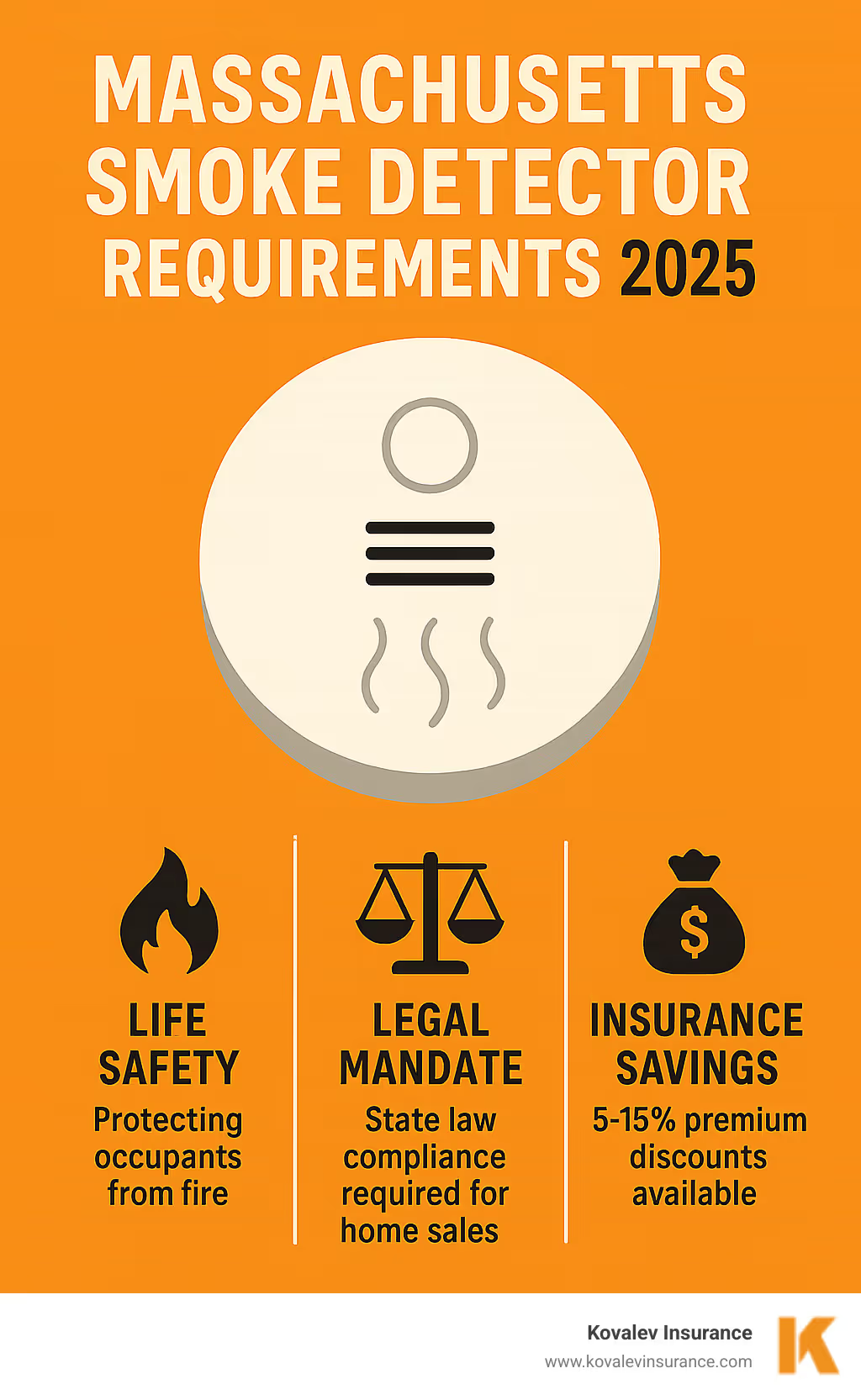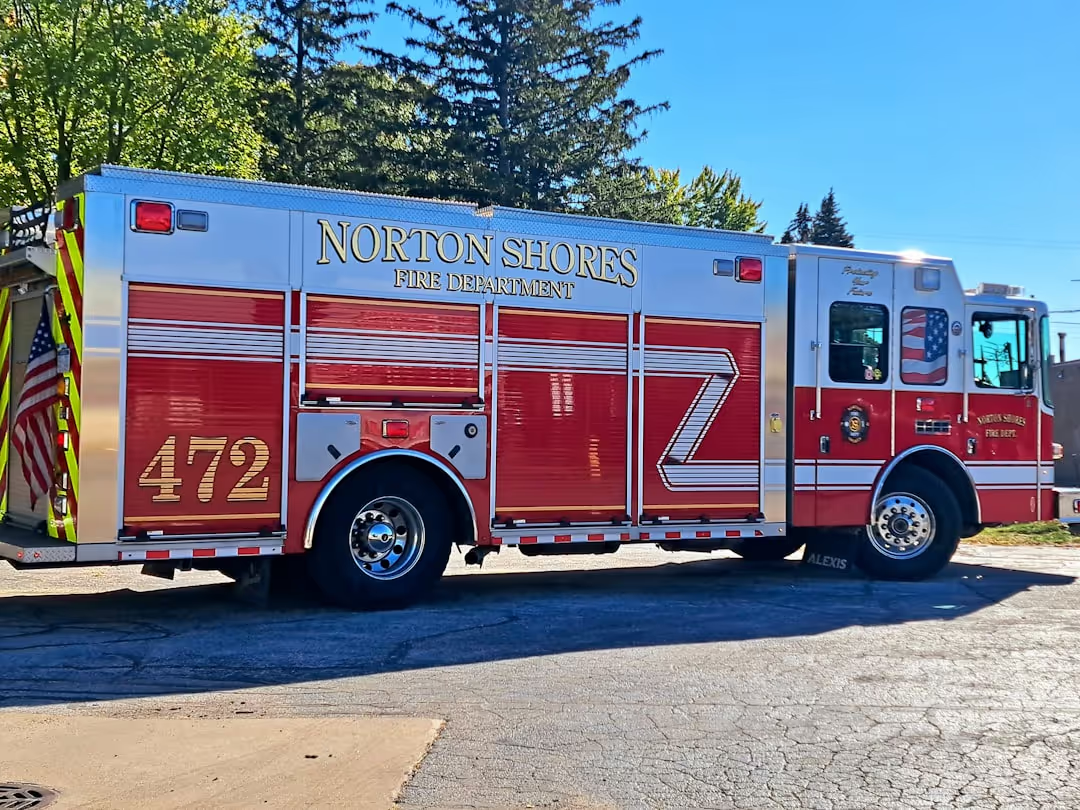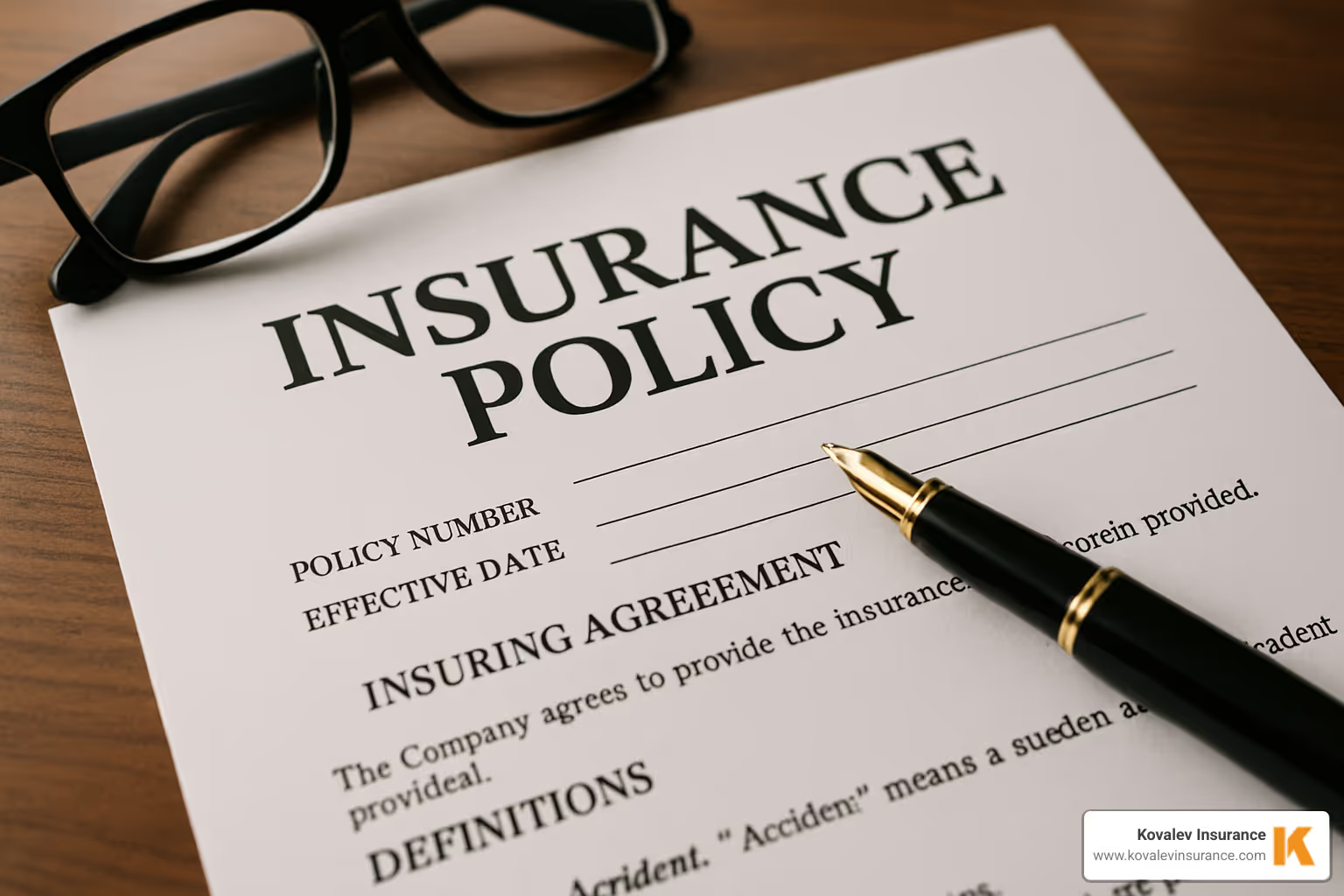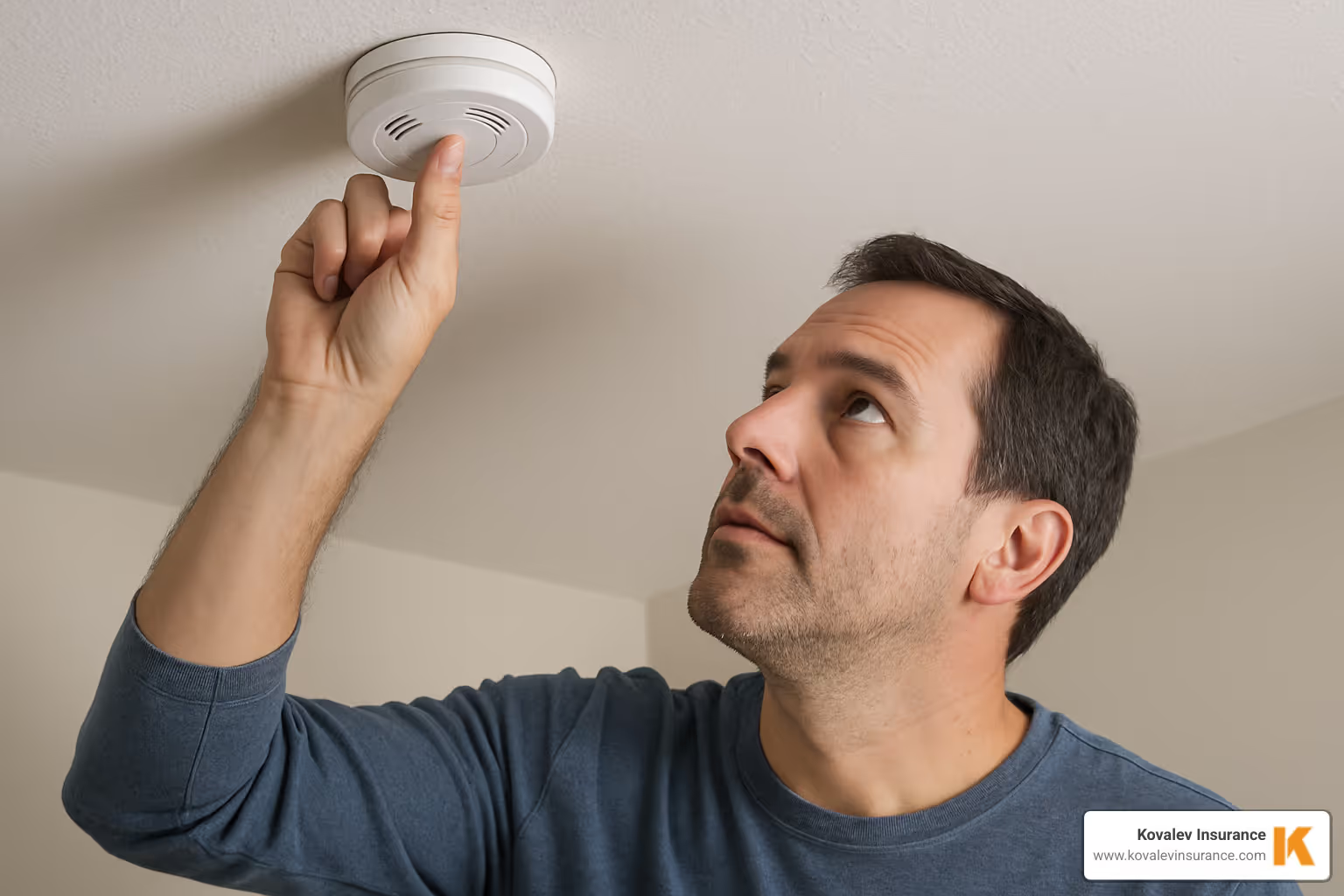Blog Content
29
Oct
2025

Does homeowners insurance require smoke detectors in massachusetts is a question that touches on both legal compliance and financial protection. While homeowners insurance policies don't explicitly mandate smoke detectors, Massachusetts state law does - and this creates an indirect but critical requirement for your coverage.
Quick Answer:
The relationship between smoke detectors and homeowners insurance in Massachusetts is more nuanced than a simple yes or no. Massachusetts General Laws Chapter 148 mandates specific smoke and carbon monoxide detector requirements that vary based on your home's construction date and location. From Newton to Wellesley, Brookline to Needham, these requirements apply to every residential property in the state.
When you don't comply with state fire safety laws, you create what insurers call an "unmanaged risk." This can lead to policy cancellation, claim denials, or difficulty finding new coverage. On the flip side, proper smoke detection systems can open up significant premium discounts and provide the peace of mind that comes with legal compliance.
We help Massachusetts homeowners steer the complex relationship between state fire codes and insurance requirements over the past decade. Understanding does homeowners insurance require smoke detectors in massachusetts is crucial for protecting both your family and your financial investment.

Does homeowners insurance require smoke detectors in massachusetts glossary:

Massachusetts General Laws Chapter 148, §§26E & 26F require every home
to have working smoke and carbon-monoxide alarms. Local fire departments(Newton, Wellesley, Brookline, Needham, Belmont, Natick, and all other cities)enforce the rules and issue the smoke/CO Certificate of Compliance you musthave before a real-estate closing.
Full details are on the state site: Smoke and Carbon Monoxide Alarms | Mass.gov.
Since 2006, CO alarms are required on every level of a home with fossil-fuel equipment or an attached garage. Place them within 10 ft of each bedroom. More on Nicole’s Law here: Learn more about Nicole’s Law.
Complying with these straightforward rules keeps your family safer and keeps your insurance valid.

Your policy probably never says “install smoke detectors,” but it does require you to follow all state and local safety codes. Because Massachusetts law mandates alarms, insurers treat compliance as non-negotiable. Homes without working detectors are flagged as unmanaged risks—a major reason for cancellations or claim denials.
Working smoke detectors = discounts. Typical ranges:
Example: A $2,000 annual premium in Brookline drops $200–300 when a monitored system is installed. Check the 2025 Guide Homeowners Insurance Mass for more savings ideas.
Bottom line: detectors aren’t optional if you want reliable coverage in Massachusetts.

Follow these five quick steps and you’ll meet state rules, keep your insurance happy, and protect your family:
Schedule the fire-department inspection as soon as you list. The fee is usually $25–$100, and a fail just means you correct the items and call them back—no drama, just paperwork.
Keeping a small log can preserve your premium discount. More tips: NFPA safety materials.
Yes—mainly for homes built before 1975 that are not being sold or substantially renovated. They must be photoelectric, have a sealed 10-year battery, and include a hush button. Sales, new builds, and major renovations almost always require hard-wired units.
Yes. Insurers classify missing or expired alarms as an unmanaged risk and may cancel or refuse renewal with as little as 10 days’ notice. That often forces owners into higher-priced alternatives like the Massachusetts FAIR Plan.
Most Massachusetts carriers give 5–15 % off for compliant alarms. A $2,500 premium in Newton could drop $125–$375. Central-station monitoring or sprinklers push savings toward the top of the range.
After working with thousands of Massachusetts homeowners over the past decade, we've seen how understanding does homeowners insurance require smoke detectors in massachusetts can make the difference between comprehensive protection and costly gaps in coverage.
The answer isn't just about insurance requirements - it's about creating a safety net that protects both your family and your financial future. Massachusetts law requires working smoke and CO detectors in every home, and this legal mandate creates an indirect but critical insurance requirement that affects every aspect of your coverage.
Your legal obligation extends beyond simply installing detectors. Whether you're in Newton's historic neighborhoods or Wellesley's newer developments, your home must meet specific requirements based on its construction date. These aren't suggestions - they're mandatory standards enforced by local fire departments and required for home sales.
The insurance impact goes deeper than most homeowners realize. When you don't comply with state fire codes, you're not just risking a fine - you're potentially voiding your entire homeowners policy. Insurance companies view non-compliant homes as unmanaged risks, which can lead to policy cancellation, claim denials, and difficulty finding new coverage.
But here's the silver lining: proper fire detection systems offer significant financial incentives. Most homeowners can reduce their premiums by 5-15% with compliant smoke detectors, and those savings often pay for the system within just a few years. For a typical Brookline home with a $2,000 annual premium, that's $100-300 back in your pocket every year.
Home sale requirements make compliance even more critical. Every residential property sold in Massachusetts must pass a fire department inspection and receive a Certificate of Compliance. This isn't optional - it's required for closing. I've seen too many transactions delayed or complicated because sellers waited until the last minute to address detector issues.
Ongoing responsibility doesn't end with installation. Monthly testing, annual battery replacement, and 10-year unit replacement are all part of maintaining both safety and insurance compliance. It's a small investment of time that protects your most valuable asset.
For homeowners throughout Needham, Belmont, and Natick, these requirements represent both a legal obligation and a financial opportunity. The investment in proper smoke detection systems protects your family's safety while potentially saving hundreds of dollars annually on insurance premiums.
At Kovalev Insurance, we understand the complex relationship between Massachusetts fire safety laws and homeowners insurance requirements. Our team provides personalized guidance to help you achieve full compliance while maximizing your insurance savings. We specialize in custom coverage options that reflect your home's safety features and your family's specific needs.
Whether you're buying your first home, preparing for a sale, or simply want to ensure your current coverage is adequate, we're here to help. Our expertise in Massachusetts insurance markets and fire safety regulations ensures you get the best protection at the most competitive rates.
Don't let confusion about smoke detector requirements put your home and financial security at risk. The relationship between fire safety compliance and insurance coverage is too important to steer alone. Contact Kovalev Insurance today to review your coverage and ensure you're taking advantage of all available safety discounts while maintaining full compliance with Massachusetts law.
For expert guidance on Massachusetts homeowners insurance and fire safety compliance, visit our comprehensive resource: Find the Best Homeowners Insurance in Massachusetts.
Remember: when it comes to does homeowners insurance require smoke detectors in massachusetts, the answer is clear - compliance isn't optional, it's essential for protecting both your family and your financial future.
X